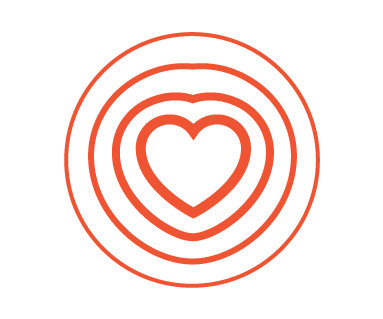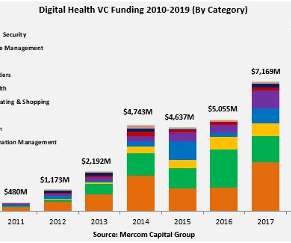A Health Consumer Bill of Rights: Assuring Affordability, Access, Autonomy, and Equity
Health Populi
FEBRUARY 27, 2024
In addition to highlighting the Patient’s Bill of Rights, NABIP’s keynotes and general sessions will speak to similar topics being brainstormed at VIVE this week — including mental health, maternal health, pharmacy and prescription drugs (pricing, PBMs), population health, and Medicare and Medicaid innovations.













Let's personalize your content